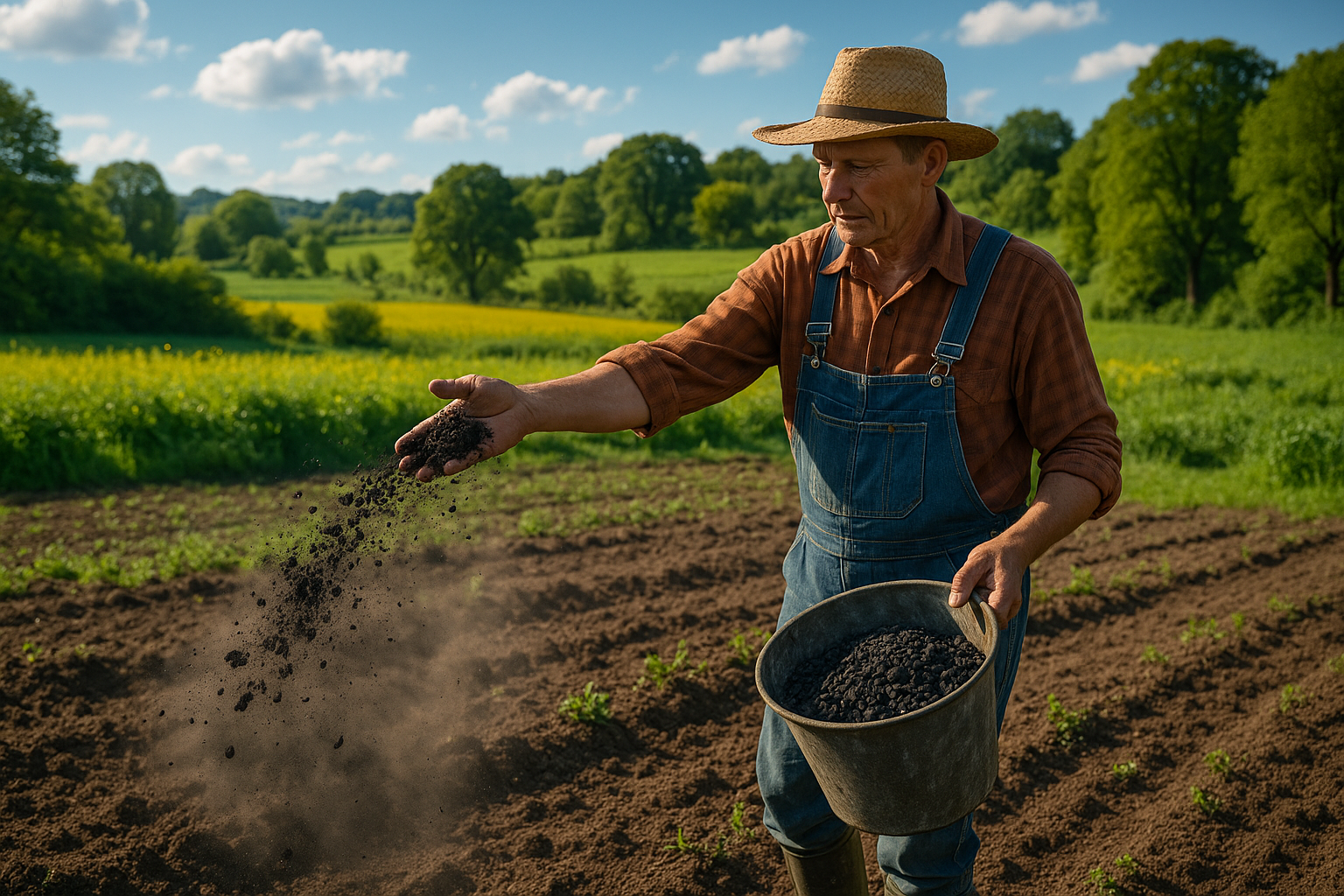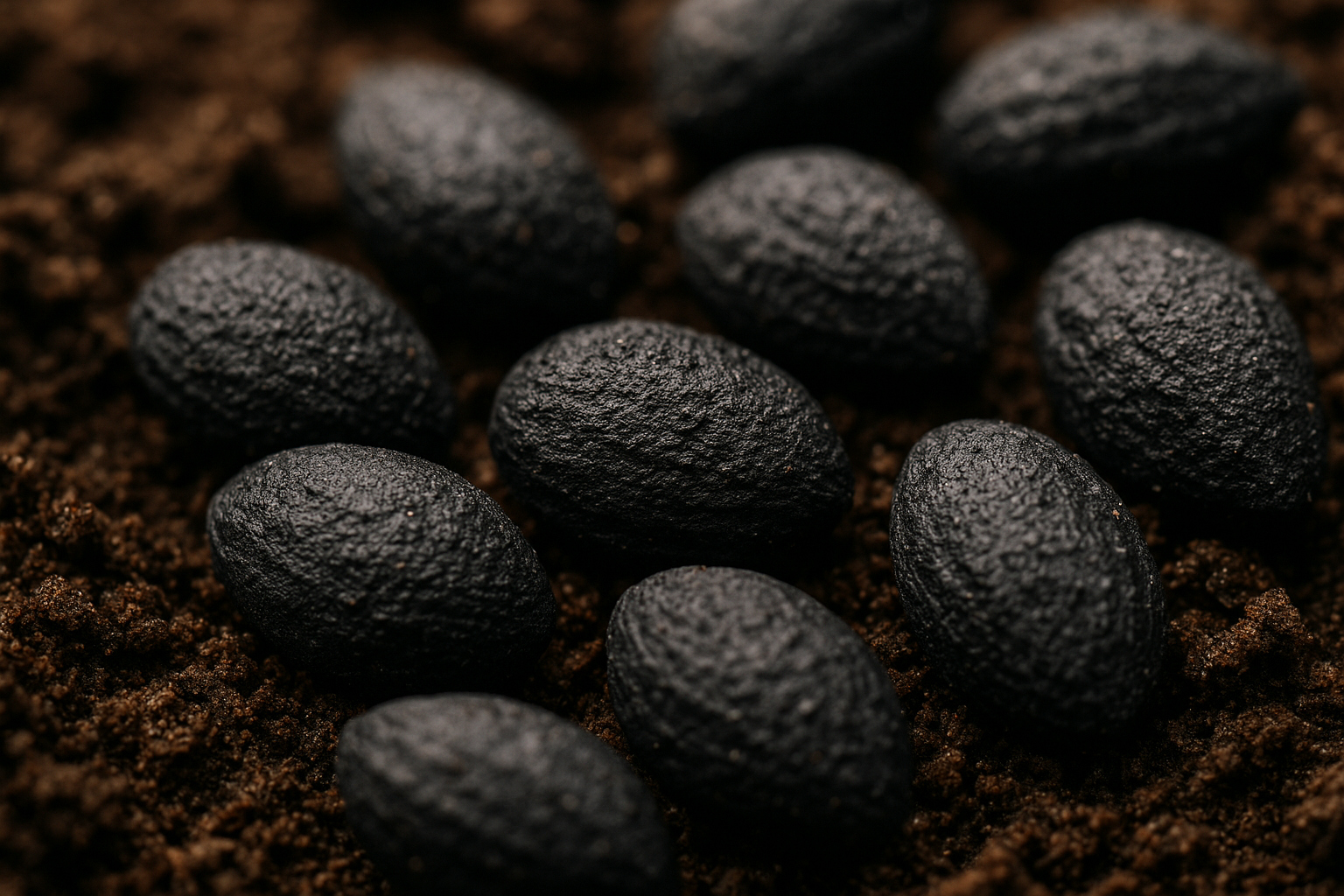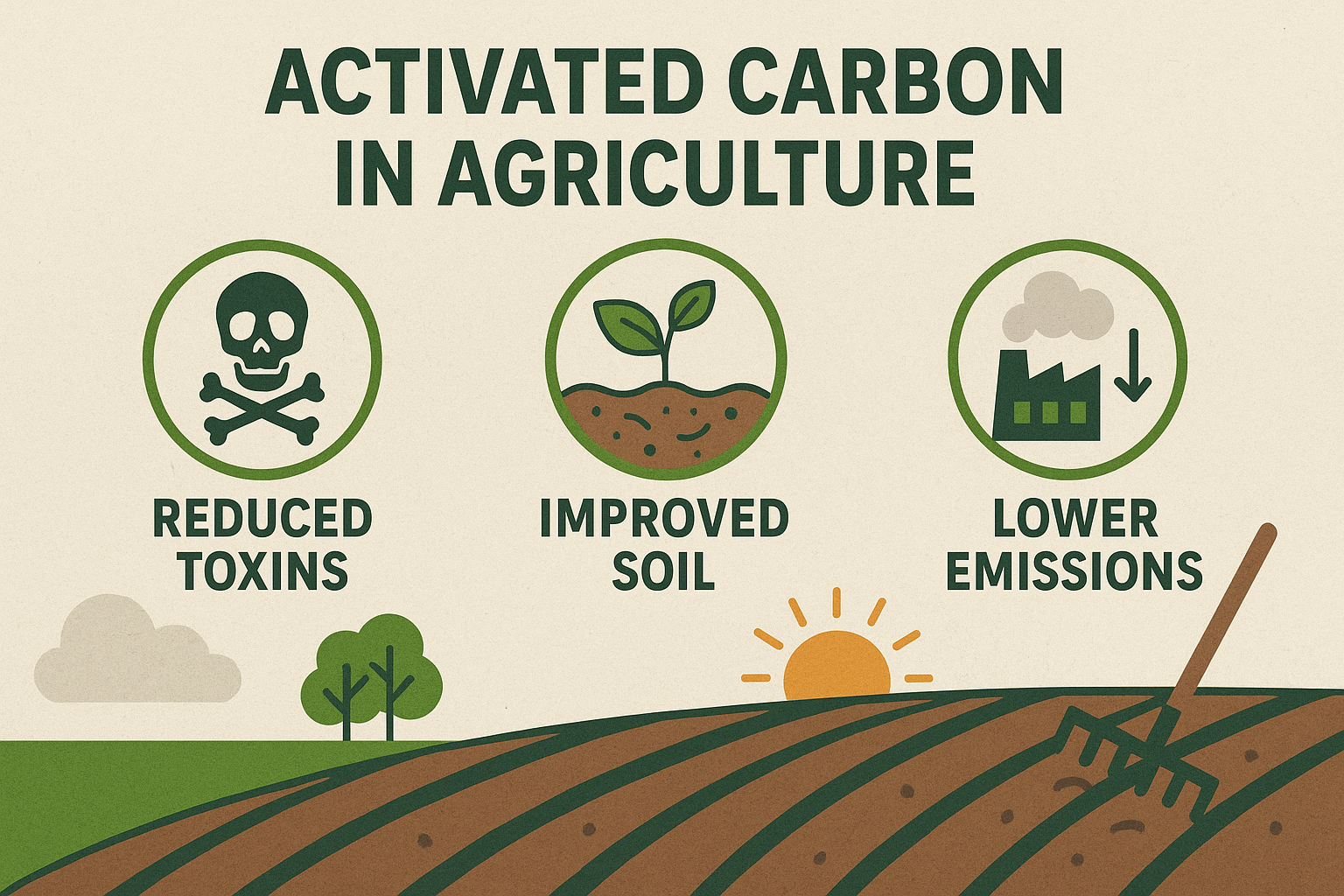Activated carbon (also called activated charcoal) is well known for cleaning air and water. However, it is now also becoming useful in farming. Farmers are beginning to utilize it in various ways. It helps clean soil, support animal health, and improve compost. It is a helpful and natural tool that addresses many problems in modern farming.
This article explains how activated carbon is used in farming, its working mechanism, the benefits it provides, and considerations to keep in mind before using it.
Activated carbon is a type of carbon that has many small holes. These holes make its surface very large. Because of this, it can hold (or trap) many things like toxins, gases, chemicals, and waste. It is usually made from natural materials such as wood, coconut shells, or peat. It is "activated" by using heat or chemicals, which makes it better at trapping things.
Farming has many problems now. These include:
Activated carbon can help by:

Soil can become contaminated with pesticides and herbicides. This can hurt crops. Activated carbon helps clean the soil.
How it works:
It traps the harmful chemicals so that plants do not absorb them.
What it helps with:
Farmers sometimes coat seeds with activated carbon. This is particularly useful in soils with high levels of contaminants or when seeds are weak.
How it works:
It stops harmful microbes and chemicals from hurting the seed.
What it helps with:
Farmers put activated carbon in animal feed. It helps animals digest food and maintain their health.
How it works:
It traps toxins and harmful substances in the stomach before they enter the blood.
What it helps with:
When used in compost, activated carbon helps reduce smell and keeps nutrients.
How it works:
It traps harmful gases like ammonia and prevents important substances like nitrogen from escaping.
What it helps with:
Adding activated carbon to the soil can help it retain water and air.
How it works:
Its holes hold water, nutrients, and help microbes live.
What it helps with:

Activated carbon helps the environment because:
It also saves money over time because crops grow better, are less susceptible to disease, and the soil stays healthier for longer.

Even though it's helpful, there are a few things to keep in mind:
Scientists are continually discovering new methods to enhance activated carbon. Some of the new uses include:
These new ideas enable farmers to farm more efficiently and sustainably.
Activated carbon is a strong and natural helper in farming. It helps grow better crops, clean the soil, and keep animals healthy. As agriculture evolves, it will play a larger role in maintaining healthy and resilient farms.
Farmers can utilize it in various ways—on seeds, in the soil, in compost, or with animals. It is a wise choice for modern farming.
What is the difference between activated carbon and biochar?
Activated carbon has a larger surface area and is often treated with chemicals. Biochar is less effective at trapping things.
Can organic farms use activated carbon?
Yes, if it is made from natural stuff and not mixed with chemicals. Farms may need proof of where it comes from.
How do you use it on a farm?
You can mix it into soil, coat seeds, add it to compost, or use it in water systems.
Can it remove good nutrients too?
Yes. That's why you should use the right amount.
Where can you buy it?
Many farm stores and online shops sell it. It comes in powder, grains, or pellets.

Ningxia Yongruida Carbon Co,.Ltd was founded in
2003.With an area of over 50000 square meters ,our
factory is located in the city of Shizuishan Ningxia .